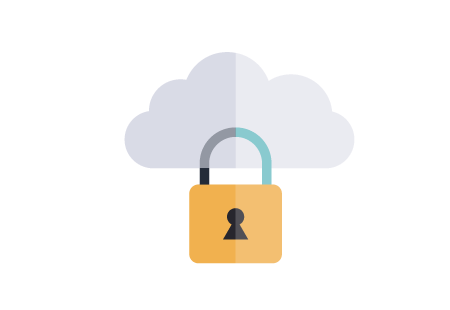Topics
Ashley Madison Hack: Why CIOs Should be Concerned

The Ashley Madison hack made headlines everywhere after hackers released personal data from some 37 million users to the public, and new developments continue to surface as Noel Biderman, the CEO of Avid Life Media Inc., the parent company of Ashley Madison, resigned last Friday in the wake of the ordeal. [1] The hackers, known as “The Impact Team”, claimed to want Avid Life Media to shut the site down over allegations of dishonestly keeping user information that the user paid to have deleted, and there seems to be evidence this was true.
If we can suspend the questions around motives, ethics and morals for a moment, we can probably all agree that the Ashley Madison hack raised serious questions about online privacy and data security. Though many believe that this was digital vigilantism or some sort of justice brought upon cheaters, the truth is that any of us could be victims of the next user data breach and it could be your company facing the almost futile battle of surviving a similarly nightmarish disaster.
Is your data really secure?
We’re all concerned with the security of our data and whether or not the websites that we use are able to keep user info safe. In fact, 88% of surveyed users on Tinder, a dating app with an estimated 50 million monthly users [2], do not trust Tinder to protect their private user info. Only 22% of Snapchat users trust the app to keep their data safe. [2]
But it isn’t just dating sites and mobile apps that are facing these issues. Increasingly, organizations that seem like they should be infallible are coming under cyber attack. The Internal Revenue Service (IRS) recently revealed that their data breach was far more extensive than originally reported: sensitive tax data for up to 330,000 households were exposed and potentially stolen. [3]
Damaging consequences
As witnessed by the Ashley Madison hack, these sorts of incidents can damage an organization beyond repair. No amount of damage control can make up for the exposure of confidential and sensitive personal user information when the consequences are be so profound. Though Ashley Madison’s user data was especially sensitive, it’s unlikely that any company or brand could withstand any widespread security breach without astronomical costs incurred, complex marketing and PR campaigns, loss of users and general erosion of public trust.
How to be prepared
When it comes to data security, being prepared with top tier data centers and proactive monitoring and maintenance of all systems pays in dividends for every averted attack or breach, which is guaranteed to be devastating for the organization. No one really thinks this sort of thing will happen to their company or their information until does, so plan for the worst in order to avoid the unthinkable.
Thoughts on the Ashley Madison hack? Please let us know in the comments below.
For more information on technology infrastructure monitoring and maintenance, please visit: https://www.cgsinc.com/en/technology-outsourcing/remote-monitoring-maintenance.
References
|
[1] |
A. Garcia, "CEO of Ashley Madison parent company steps down after hack," CNN Money, [Online]. Available: http://money.cnn.com/2015/08/28/news/ashley-madison-ceo-hack/. |
|
[2] |
K. Morrison, "Millennials Don’t Trust Tinder to Keep Their Data Secure (Study)," Social Times (AdWeek), [Online]. Available: http://www.adweek.com/socialtimes/millennials-dont-trust-tinder-to-keep-.... |
|
[3] |
J. D. Mckinnon, "IRS Says Cyberattacks More Extensive Than Previously Reported," The Wall Street Journal, [Online]. Available: http://www.wsj.com/articles/irs-says-cyberattacks-more-extensive-than-pr.... |
